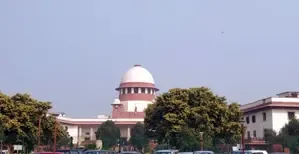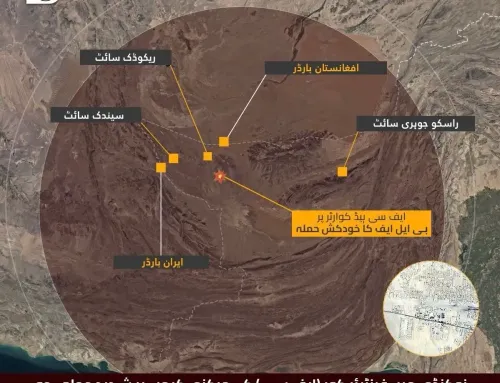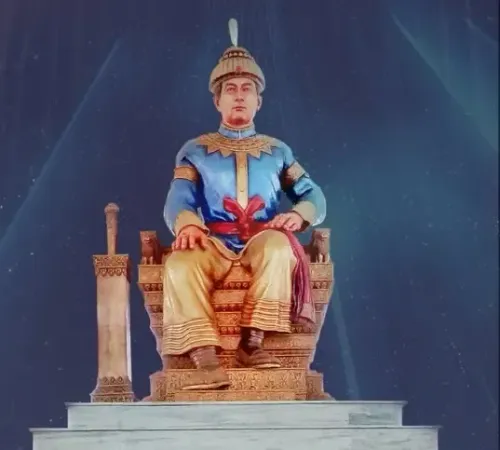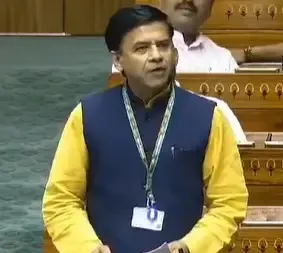Should the Election Commission Accept Aadhaar, Voter ID, and Ration Cards for Voter Verification?

Synopsis
Key Takeaways
- The Supreme Court is examining the ECI's voter verification processes.
- Aadhaar, Voter ID, and Ration Cards are under scrutiny for their role in verifying voters.
- The potential disenfranchisement of voters is a key concern.
- The outcome may affect the electoral process in Bihar.
- The case highlights the importance of fair election practices.
New Delhi, July 10 (NationPress) The Supreme Court on Thursday urged the Election Commission of India (ECI) to contemplate, "in the interest of justice," whether documents like Aadhaar, Voter ID, and Ration Cards could be utilized for verifying voters during the Special Intensive Revision (SIR) of electoral rolls in the election-bound Bihar.
A Bench comprising Justices Sudhanshu Dhulia and Joymalya Bagchi addressed several petitions asserting that if the June 26 resolution by the ECI directing SIR is not overturned, it could "arbitrarily" and "without due process" disenfranchise numerous voters from choosing their representatives, undermining free and fair elections—a fundamental aspect of the Constitution's basic structure. The Justice Dhulia-led Bench noted that the petitions raised an "important question" that touches the very foundation of the nation's democratic system.
Indicating that the matter necessitates an in-depth hearing, the court instructed the ECI to submit its counter-affidavit within a week and requested the petitioners to file their rejoinder affidavit, if applicable, before July 28. Following the arguments presented by both sides, the Justice Dhulia-led Bench formulated three inquiries for the Supreme Court's consideration: First, the ECI's authority to conduct such a special intensive revision of electoral rolls; second, the legality and appropriateness of the procedure adopted by the ECI; and third, the timeline for executing SIR just before the upcoming Bihar Assembly elections in November 2025.
With the draft revised rolls set for publication in August, the Supreme Court has scheduled the matter for further examination on July 28 before the regular Bench. During the proceedings, senior advocate Gopal Sankaranarayanan, representing the petitioners, argued that the ECI's order mandating the SIR of electoral rolls in Bihar lacks a legal foundation, as the process does not acknowledge Aadhaar Cards and Voter ID Cards for verification purposes. Conversely, senior advocate Rakesh Dwivedi, representing the ECI, requested the apex court to refrain from intervening in the revision process at this juncture.
"Let the revision process conclude, and then your lordships can review the entire scenario," Dwivedi asserted. He contested the PILs filed by various NGOs and political activists, challenging their standing. "None of them are voters in Bihar! Before you (SC) are merely a few individuals who write articles and subsequently file petitions. I have a significant objection to this," he stated.
According to the petitioners, there is no justification for the ECI to undertake such a "drastic exercise" of revising electoral rolls in a state poised for elections within such a brief timeframe. The petition lodged by the Association for Democratic Reforms (ADR) contended that the SIR order issued on June 24 by the ECI excluded crucial identification documents like Aadhaar or Ration Cards, consequently making marginalized groups (such as SC, STs, and migrant workers) and the underprivileged more susceptible to exclusion from voting.
"The documentation requirements set forth in the directive, combined with the absence of due process and the unreasonably brief timeline for the Special Intensive Revision of Electoral Roll in Bihar, render this endeavor bound to eliminate the names of lakhs of legitimate voters from electoral rolls, leading to their disenfranchisement," the petition stated.
The petition claimed that the challenged SIR order mandates the inclusion or retention of a voter's name in the electoral roll upon presentation of citizenship documents, including proof of citizenship from either or both parents, failing which the voter risks exclusion. It further argued that the June 26 order from the poll body is unlawful as it presumes a voter's ineligibility unless otherwise validated through a limited list of 11 documents for both self and parents, thus exceeding the provisions of the Registration of Electors (RER) Rules, 1960.










